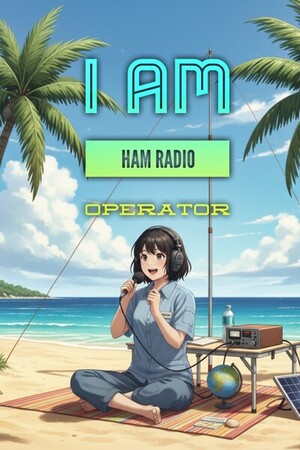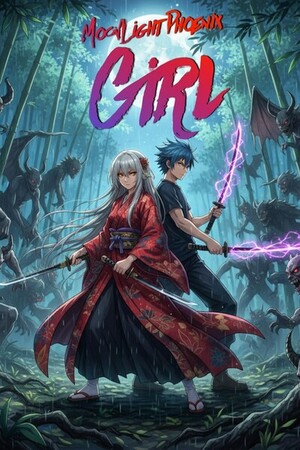Chapter 28:
Chapter 28: A New Kind of Elmer
I am Ham Radio Operator
Our success changes our role in the local club. We are no longer the upstart kids; we are the resident experts. The dynamic shifts completely. The silence from the sad-hams is telling, but even more telling is the attitude of the rest of the club members. They are full of questions. They are curious. They want to learn.
After one club meeting, a member who I know was initially skeptical of us approaches me. "Haruka," he says, a little sheepishly. "My son is in high school, and he is really into computers. I think he would love that SDR stuff you do. Would you... would you be willing to talk to him?"
It is a watershed moment. I realize we have an opportunity, and a responsibility, to be the kind of mentors for others that Gregory has been for us. We are the new Elmers.
Our team gets together and decides to launch a new initiative through the club: a youth mentorship program. We call it "Project QSO" - QSO being the radio code for a conversation or contact. The goal is to pair experienced operators with young people interested in the hobby, providing them with guidance, technical help, and, most importantly, encouragement.
I take the lead on developing the program. I remember how intimidating it was to start, how lost I felt with that first study guide. I design our program to be hands-on and project-based. We do not just want to teach them to pass a test; we want to teach them to build, to experiment, and to have fun.
Our first Project QSO workshop is a huge success. We have a dozen kids, ranging from middle school to high school, show up at Gregory's garage on a Saturday morning. The energy is amazing. We split them into teams. Doretha leads a team in building a simple digital interface. Samuel's team learns how to build a tape measure Yagi antenna for tracking satellites. And my team gets a crash course in contest operating, using a computer simulator that I helped program.
Watching them, I see myself. I see their eyes light up when they make their first simulated contact with Australia. I see the look of triumph on a young girl's face when her home-built antenna shows a strong signal. We are not just teaching them about radio; we are showing them that they can understand complex technology, that they can build things with their own hands, and that they can reach out and touch the world.
The sad-hams are conspicuously absent from these events. Their brand of negativity has no place here. The garage is filled with laughter, excited chatter, and the sound of discovery. This is the future of the hobby, and it is bright, inclusive, and full of energy.
The program grows. We start an after-school radio club at the local high school. We help the students set up their own station, complete with an antenna on the roof. We help them get their licenses, and we cheer them on as they make their first contacts. I find that I love teaching almost as much as I love operating. It is a different kind of reward. Seeing a student finally grasp a difficult concept, or hearing the pride in their voice when they get their first QSL card, is a thrill that is just as real as winning a contest.
My own story, which I share carefully with some of the older students, becomes a part of the program. I do not go into the details of my depression, but I talk about facing adversity and overcoming negativity. I tell them that the airwaves belong to everyone, and that they should never let anyone make them feel like they do not belong. My personal struggle is transformed into a lesson on resilience.
I am no longer just Haruka, the contest operator. I am Haruka, the Elmer. I am passing on the spark that Gregory passed to my grandfather, and then to me. The signal chain continues, getting stronger with each new link.




Please sign in to leave a comment.